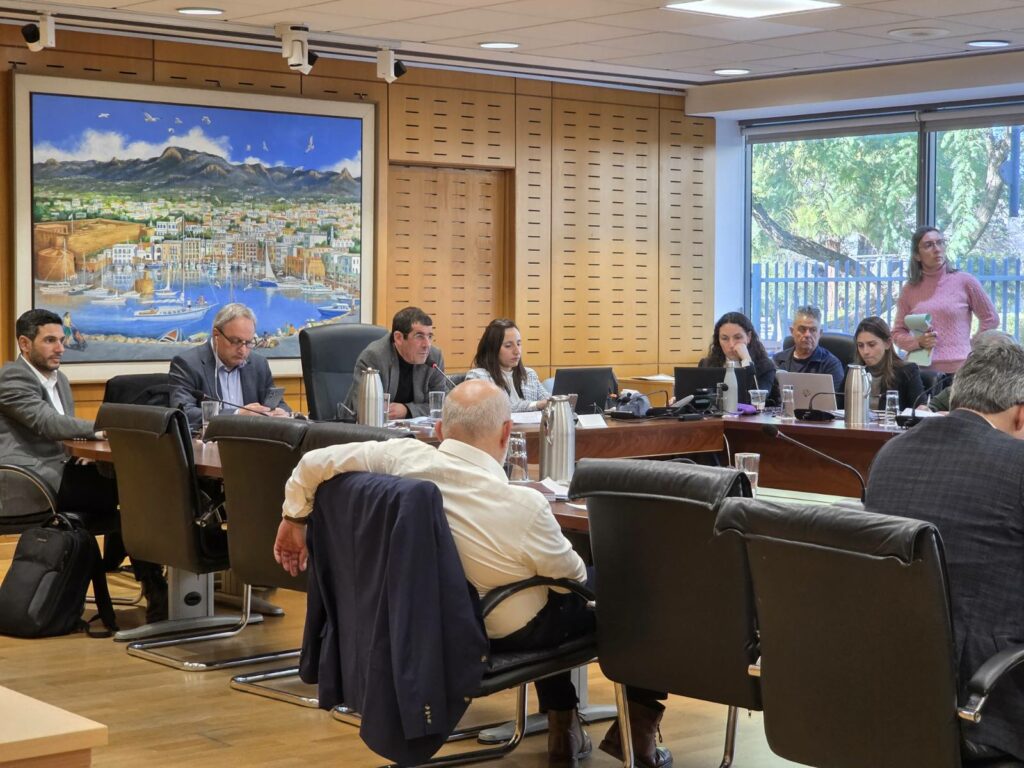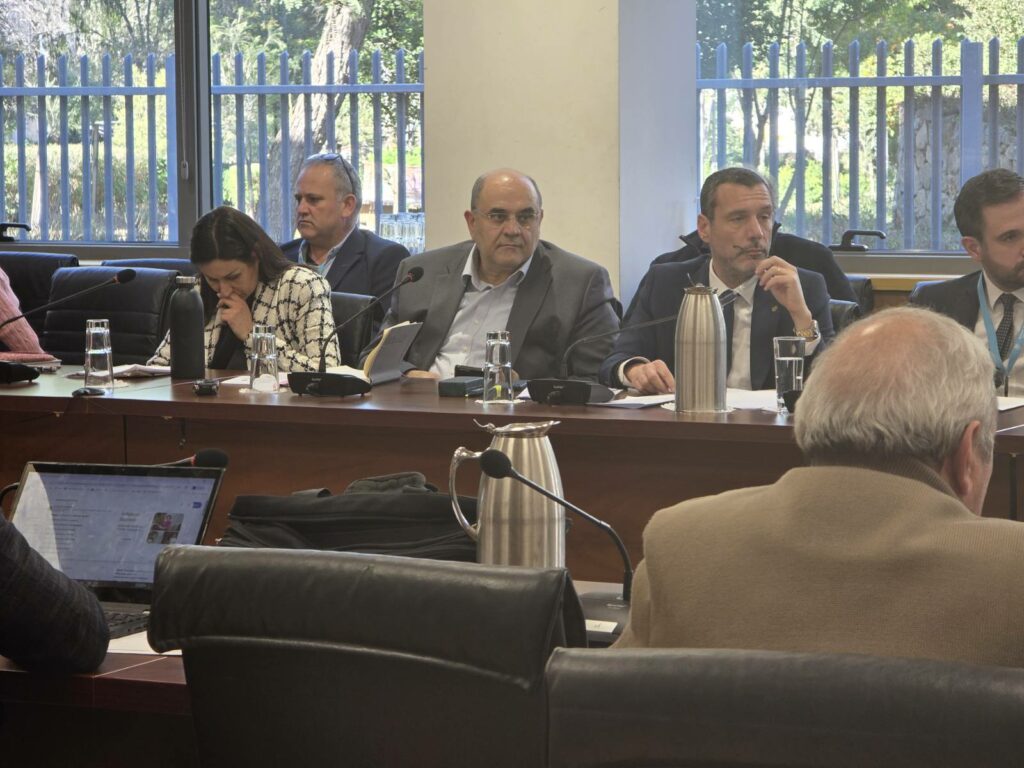Pafos Sets a Bold Course For Religious Tourism
The province of Pafos has long pursued the development of its religious tourism sector, aiming to secure a steady stream of annual visitors to the island. Recent initiatives have reinvigorated efforts across all levels, positioning the region as a significant destination for spiritual and cultural exploration.
Strengthening Foundations Through Strategic Alliances
In a notable development, the involvement of the Cyprus Church through its Office of Religious and Pilgrimage Tours has bolstered the international promotion of Pafos’ religious treasures and landmarks. This move underscores the region’s commitment to integrating faith-based experiences with broader tourism strategies.
Follow THE FUTURE on LinkedIn, Facebook, Instagram, X and Telegram
A European Initiative With Global Ambitions
Pafos is now an active participant in the RESPECT program—Religious Spiritual And Pilgrimage European Cultural Tourism With Sustainability. In collaboration with eight other partners from Greece, Cyprus, Romania, Norway, Sweden, Hungary, Bosnia-Herzegovina, Moldova, and Belgium, the initiative focuses on analyzing, developing, and promoting policies and products that center on religious, spiritual, and pilgrimage tourism. The program prioritizes sustainability, digital transformation, innovation, and resilience, ensuring that cultural heritage is preserved while driving economic growth.
Funding And Future Prospects
Financially supported to the tune of 80% by the European Union, the RESPECT program boasts a total budget of €2 million over a 36-month period. Pafos is anticipated to secure approximately €200,000 from this funding stream, reinforcing its ongoing efforts to register the route of Apostle Paul with the Council of Europe as part of its broader cultural and tourism-enhancement strategy.
Conclusion
Pafos’ strategic infusion into the European religious tourism landscape reflects a deep commitment to both cultural preservation and economic innovation. By aligning local initiatives with broader European standards and funding mechanisms, the region is poised to transform its rich religious heritage into a sustainable driver of tourism and community development.









